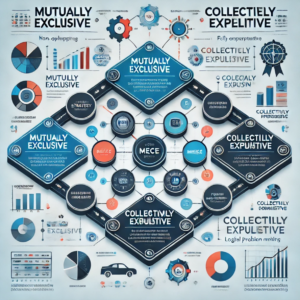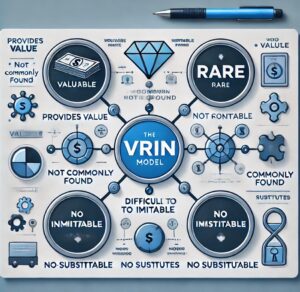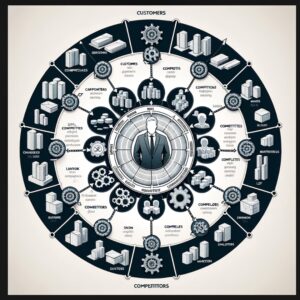Delphi Method

The Delphi Method is a structured communication technique, originally developed as a systematic, interactive forecasting method which relies on a panel of experts. It is characterized by its use of iterative rounds of questionnaires sent to a group of experts. The primary goal of the Delphi Method is to achieve convergence of opinion on a specific real-world issue. The process is typically anonymous, allowing the experts to express their opinions freely, reducing the risk of one individual dominating the process.
Key Steps in the Delphi Method:
- Selection of a Panel of Experts: These should be individuals with diverse knowledge and experience in the topic under study.
- Round One – Questionnaire: Experts are asked to provide their opinions or predictions on the specific issue or set of questions.
- Data Analysis: Responses are collected and summarized to identify patterns, common themes, and divergent views.
- Round Two and Subsequent Rounds: Experts receive a summary of the first round’s results and are asked to reassess their original responses considering the feedback of the panel.
- Convergence and Final Assessment: The process is repeated until a consensus or stable set of responses is reached.
Applications:
- Technological Forecasting: Predicting future developments in technology.
- Policy Making: Forming policy based on expert consensus.
- Decision Making in Business: Gathering expert opinions on business trends, market developments, etc.
Similar Tools and Methodologies:
- Brainstorming Sessions: In contrast to the Delphi Method, brainstorming sessions involve group discussions and idea generation in real-time, often without anonymity.
- Focus Groups: Like the Delphi Method, focus groups gather opinions and insights, but they are typically conducted in person and involve discussion among the participants.
- Nominal Group Technique (NGT): A structured method for group brainstorming that encourages contributions from everyone. Unlike Delphi, NGT is typically done in a single session.
- Scenario Planning: While the Delphi Method focuses on expert opinions to reach a consensus, Scenario Planning explores a range of possible future scenarios, often without seeking consensus.
- Expert Panels/Interviews: Involves consulting with experts, but unlike Delphi, this may not be an iterative process and might include face-to-face or direct interviews.
The Delphi Method is particularly effective in situations where individual judgments need to be harnessed into a collective forecast or decision. Its systematic approach makes it a valuable tool in various fields, including business strategy, public policy, and technology forecasting.



